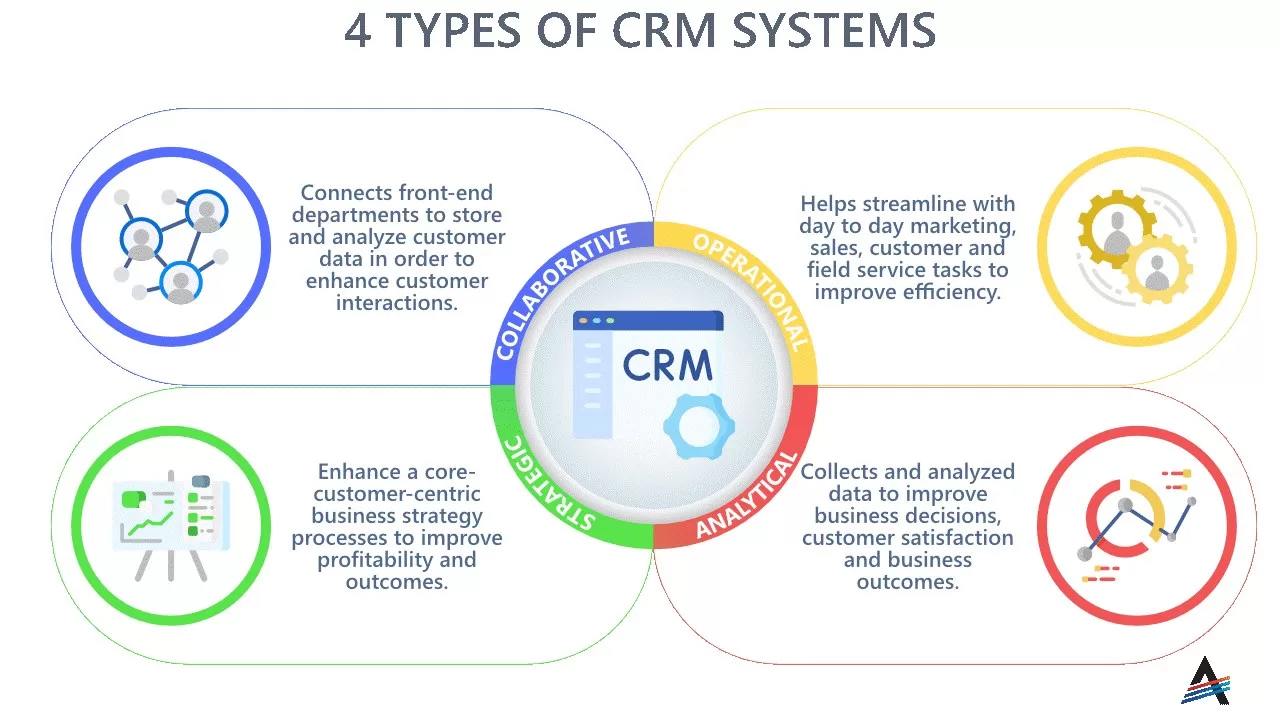Sales management is a critical aspect of any business, and effective management of sales is key to ensuring the success of the company.

Enterprise Resource Planning (ERP) systems can be an effective tool for managing sales, providing a platform for organizations to streamline their sales processes and maximize their revenue. In this article, we will explore the benefits of sales management ERP systems and how they can help businesses to improve their sales performance. One of the key benefits of sales management ERP systems is that they can help organizations to manage their sales pipeline more effectively.
The pipeline is the process of converting leads into customers, and it is a critical aspect of any sales process. Sales management ERP systems provide a centralized platform for managing leads, tracking their progress through the pipeline, and identifying areas of weakness. This allows organizations to optimize their sales processes, improve their conversion rates, and maximize their revenue.
For businesses searching for a comprehensive sales management ERP solution, click the link: https://www.afon.com.sg/solutions/industries/sales-and-distribution.
Another benefit of sales management ERP systems is that they can help organizations to manage their sales teams more effectively. Sales teams are typically made up of multiple individuals, each with their strengths and weaknesses. Sales management ERP systems provide a platform for tracking the performance of individual team members, identifying areas where additional training may be required, and managing performance incentives. This allows organizations to optimize their sales team performance and ensure that each member of the team is contributing to the overall success of the organization.
Sales management ERP systems also provide a platform for managing customer relationships more effectively. Customers are the lifeblood of any business, and maintaining strong relationships with them is critical to long-term success. Sales management ERP systems provide a centralized platform for managing customer data, tracking customer interactions, and identifying opportunities for cross-selling and up-selling. This allows organizations to build stronger relationships with their customers, improve customer loyalty, and ultimately maximize their revenue.
Sales management ERP systems also provide real-time visibility into sales performance, allowing organizations to make informed decisions based on accurate data. These systems provide a range of analytical tools for tracking key sales metrics, including revenue, profit margins, conversion rates, and sales cycle length. By having access to this data in real-time, organizations can quickly identify areas where improvements can be made, adjust their sales strategies, and make informed decisions about future sales efforts.
Finally, sales management ERP systems can help organizations to optimize their inventory management and supply chain operations. By having real-time visibility into sales data, organizations can better forecast demand, manage inventory levels, and ensure that the right products are available at the right time. This can help to minimize stockouts and overstocking, reduce waste, and ultimately improve overall efficiency and profitability.
Conclusion:
Sales management ERP systems are a valuable tool for any organization looking to improve its sales performance. By providing a centralized platform for managing sales processes, tracking performance, managing customer relationships, and providing real-time data insights, these systems can help organizations to optimize their sales performance and maximize their revenue. As businesses continue to face increasing competition and market pressures, the use of sales management ERP systems is likely to become even more important in ensuring long-term success.










